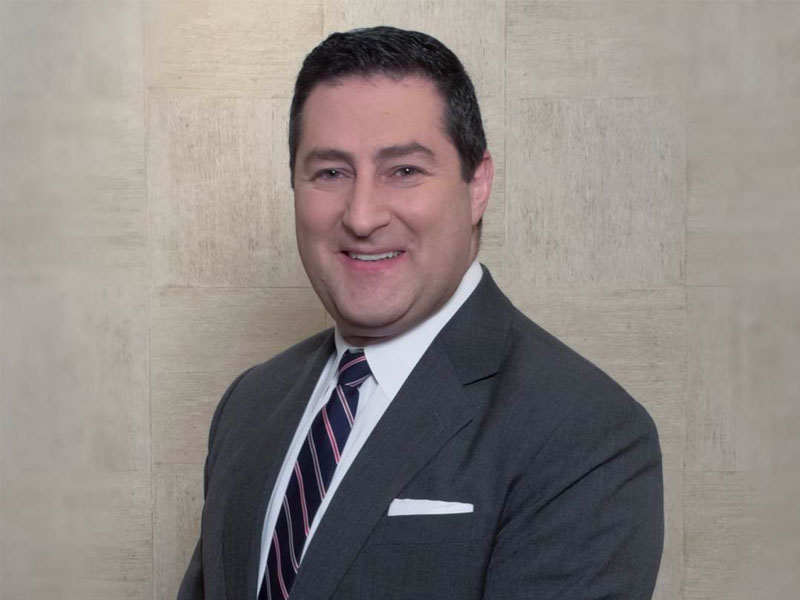Elder Law is a legal practice area that focuses on the unique legal issues affecting senior citizens, including estate planning, healthcare, long-term care planning, guardianship, and protection from elder abuse. Elder Law attorneys are equipped to provide legal assistance to seniors and their families, and they understand the complexities and nuances of laws and regulations that affect the aging population.
Overall, Elder Law attorneys work to protect the legal rights and interests of seniors, providing guidance and support to help them navigate the complex legal landscape and plan for a secure and comfortable future.
Learn more about our Elder Law services.










The 15 minute initial phone call is designed as a simple way for you to get to know us, and for our team to learn more about your unique estate planning needs.

222 Bloomingdale Rd #301,
White Plains, NY 10605
120 North Main Street, Suite 203,
New City, NY 10956
